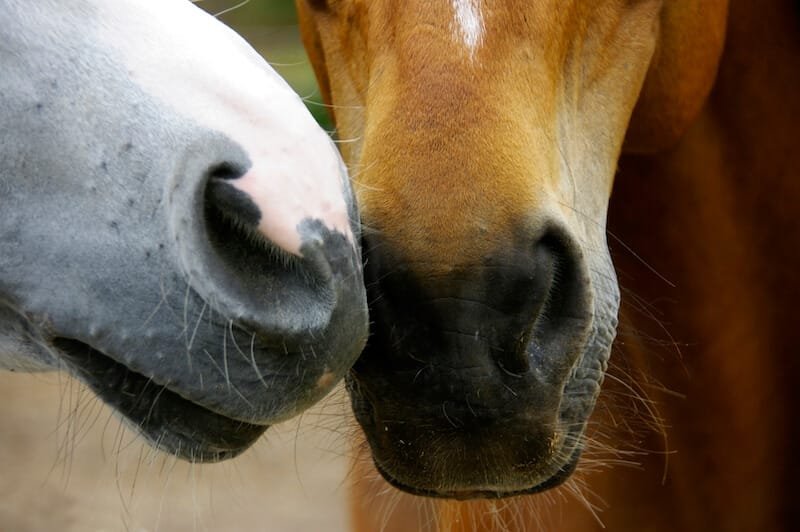What is “Horse Sense”? Understanding the Intuitive Wisdom of Horses
“Horse sense” is a term often used to describe the natural, instinctual intelligence that horses possess. While the phrase is sometimes used figuratively to refer to practical wisdom, it originates from the remarkable ability of horses to navigate their environment, understand human cues, and respond to situations with remarkable sensitivity. Let’s take a look at what makes horses so perceptive and how their “sense” benefits both them and their human companions.
What is Horse Sense?
At its core, “horse sense” refers to a horse’s natural ability to read situations, anticipate actions, and adapt accordingly. Horses have a keen sense of perception, making them incredibly aware of their surroundings. Their instincts help them make decisions that ensure their safety and well-being, from detecting threats in the environment to understanding social dynamics within their herd.
This ability to quickly assess situations is not just about survival—it also plays a role in how horses communicate and interact with humans. Over thousands of years of domestication, horses have become attuned to human behavior, picking up on non-verbal cues and subtle body language. This intuitive understanding of human emotions and intentions is a key reason horses are often used in therapeutic settings, such as equine-assisted therapy.
Key Aspects of Horse Sense
- Perception and Sensitivity
Horses have acute hearing, a wide field of vision, and an incredible sense of smell. These heightened senses allow them to detect even the slightest changes in their environment. Whether it’s the rustle of leaves in the wind or a shift in a human’s body posture, horses are finely tuned to their surroundings. - Social Intelligence
In the wild, horses live in tight-knit herds with a clear social structure. They rely on cooperation and communication to survive. As prey animals, horses are constantly aware of the behavior of others in the group. This makes them excellent at understanding social cues—whether from other horses or humans. - Empathy and Emotional Intelligence
Horses are highly empathetic animals. They can sense human emotions and react to them in meaningful ways. If a rider is nervous, anxious, or upset, the horse will often mirror those emotions by becoming skittish or uneasy. Conversely, calm and confident riders tend to see more relaxed and cooperative behavior from their horses. This makes horses incredibly intuitive when it comes to human emotions. - Instincts and Survival Skills
Horses are prey animals, meaning their survival depends on being alert to any potential dangers. They rely on their ability to sense movement, hear distant sounds, and interpret subtle cues that signal danger. This instinctual awareness is part of their “horse sense” and is passed down through generations.
Horse Sense in Human Interaction
While horses have always relied on their instincts, “horse sense” also refers to the deep bond that can form between humans and horses. For many people, working with horses allows them to develop a better understanding of non-verbal communication, patience, and emotional awareness.
- Therapeutic Applications: Horses are often used in therapy settings to help individuals build trust, confidence, and emotional resilience. The horse’s ability to sense emotions and respond accordingly can provide valuable insights into a person’s emotional state, which is why equine-assisted therapy has become a popular tool for mental health and personal growth.
- Training and Leadership: Horses can also teach humans important lessons about leadership and communication. In training, the horse’s responsiveness to subtle cues can help riders and handlers become more attuned to their own body language and tone. Leadership, in the equestrian world, is not about dominance—it’s about clear communication, patience, and respect.
Horse Sense in Human Interaction
Understanding “horse sense” can deepen our appreciation for these incredible animals. Horses are more than just powerful and graceful creatures—they are intuitive, social, and emotionally intelligent beings that can teach us valuable lessons about ourselves and the world around us. Whether in a therapeutic setting, on the trail, or in the arena, the “sense” of a horse is a reminder that wisdom often lies in listening, observing, and responding to the cues of the world around us.




